
Researching Subjects vs Exploring Objects: Decolonising Arts Management Research
Is it possible to eliminate the superiority complex of contemporary academia, confined to the narrow geography of Western democratic-capitalist and Anglophone linguo-philosophical traditions?
Synopsis: In conversation with keynote speaker Angelia Poon, Associate Professor of English Literature, Nanyang Technological University, the seminar will discuss current research decolonisation practices which empower reflexive ways of making critical choices and priorities about what and how to research.
Seminar Series: This event is part of the seminar series ‘Glocal’ Agenda in the Arts Management Research: Interrogating, Redefining and Challenging Traditional Research Canons.
This event is free and open to the public.
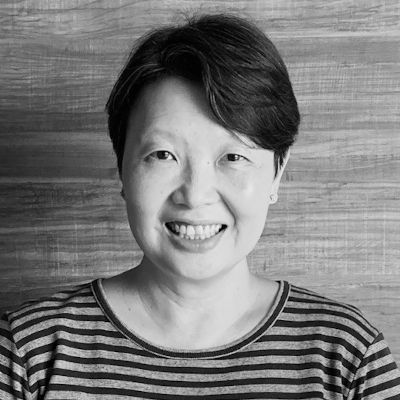
Angelia Poon
Keynote Speaker
Dr Angelia Poon is Associate Professor of English Literature at the National Institute of Education, Nanyang Technological University, Singapore. Her research interests include postcolonial theory, contemporary Anglophone literature and Singapore literature. She is the co-editor of Singapore Literature and Culture: Current Directions in Local and Global Contexts (Routledge, 2017) and one of the editors of Writing Singapore: An Historical Anthology of Singapore Literature in English (NUS Press, 2009). Her articles on Singapore literature and contemporary fiction have appeared in the Journal of Postcolonial Writing, Cambridge Journal of Postcolonial Inquiry, Journal of Contemporary Women’s Writing and Asian Studies Review. More recently, she co-edited Making Kin: Ecofeminist Essays from Singapore (Ethos Books).
Postcolonialism and Decoloniality: Overlaps and Differences
In this talk, I will outline some of the key themes of decolonial thinking such as the relationship between coloniality and modernity, and the impact of the colonial matrix of power on the construction of knowledge and subjectivity. I consider the salient ways in which decoloniality as a critical field of study overlaps with and differs from postcolonialism, using examples from Singapore literature to reveal postcolonialism’s blind spots and suggest future possibilities for research. Building on this, I also ask the question: What are the implications of decoloniality for various areas of cultural production and reproduction such as education and arts management?
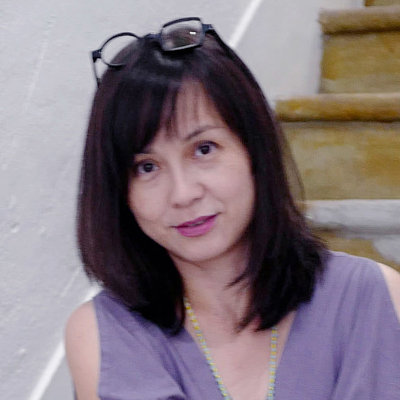
Adeline Kueh
Moderator
Adeline Kueh is a visual artist who makes installations and socially embodied works that reconsider the relationship we have with things and rituals around us. Using drawing as a conceptual tool, Adeline looks to cartographies, craft and oral tradition to map out the historical trajectories across time and space with her use of found objects and new productions. As a co-founder of the Critical Craft Collective (Singapore) and the pan-Borneo Serumpun Collective, the centrality of craft in contemporary practice as well as the politics of care are the core focus in her research practice. She is a Senior Lecturer with the MA Fine Arts programme at LASALLE College of the Arts, has exhibited and presented at conferences internationally, and is a consultant for a number of research, lifestyle, film, art, architecture and design projects.
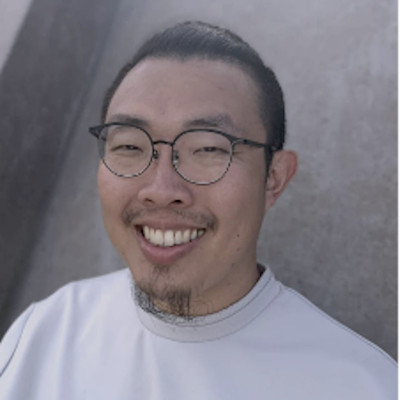
Adrian Tan
Panelist
Dr Adrian Tan is an artist and co-founder of ‘The Artists Company’ (TAC), Adrian’s research centres on art history with a focus on urban, museum and cultural studies. His PhD at NTU School of Art, Design and Media (ADM) ‘Making Art Public' (MAP) in Singapore focused on the social role of artists in society and their importance in creating events, performances, workshops, and archives of art to and with the public. He holds adjunct appointments at LASALLE College of the Arts, University of Arts Singapore; and NTU’s School of Humanities where he is course coordinator for ‘Cities, Bodies, Memories, Art, and Everyday Life in Contemporary Singapore’.
Making Art Public in Singapore (1982 to 1991): Interventions in the National Museum Art Gallery
In this paper sharing, I explore the visual language and practices of artists who questioned the eurocentric narratives and representations upon which the national museum in Singapore was founded on. The museum was invented as a colonial construct capable of determining the historical narrative, and as a nation’s collective memory prosthesis tries to erase the past, rewrite the present, and prefigure the future in order to legitimise state hegemony, is it possible to conceptualise a decolonial use of the museum? This sharing considers three workshops, seminars, and performative interventions at the National Museum Art Gallery (NMAG) between 1982 and 1991 as open-ended, collaborative, and free access art events as shifting the social function of the museum into a public forum and a space for pluralism.
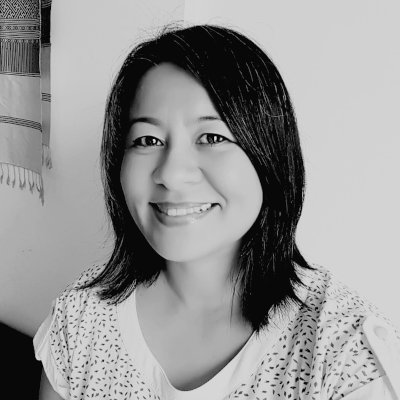
Sunitha Janamohanan
Panelist
Sunitha Janamohanan has worked in the arts since 1999 with a portfolio that covers a range of art forms and creative industries. She has been an arts manager, curator, producer, venue manager and heritage manager in Kuala Lumpur and Penang, Malaysia. She has an MA in Arts Administration from Columbia University, New York, and is presently teaching Arts & Cultural Management at LASALLE College of the Arts, Singapore. She has been a member of the Heritage Advisory Panel for the National Heritage Board of Singapore since 2018, serving on a sub-committee for Intangible Cultural Heritage. Sunitha’s research interests include community and socially engaged arts practice; local arts management models in Southeast Asia; and the intersections of social practice, labour, organizational behaviour and cultural leadership.
Collectivity, collaboration, co-operation: identifying modes of organising in the arts in Southeast Asia
Changes in recent times in the international arts world necessitate new strategies that are more sustainable and inclusive with diversity and equity at its core. Meanwhile, in most parts of Southeast Asia, the arts sectors are still developing, and the idea of being professional has tended to be conflated with western-led models of business and organisational management, perpetuated by degrees such as Arts Management. Emphasising the need for alternatives, scholars have traced Enlightenment thinking history as an underpinning to commercial, extractive, capitalist and exploitative ways of working which is the basis of the Euro-American models (Foster, 2023 19), and which have widespread influence and dominance since the colonial era. My work seeks to identify and document artist collectives, hybrid models of arts organisations, and community driven practice in Southeast Asia, that question or resist capitalist ideologies and that make use of locally rooted yet globally savvy strategies of self-organisation and determination.
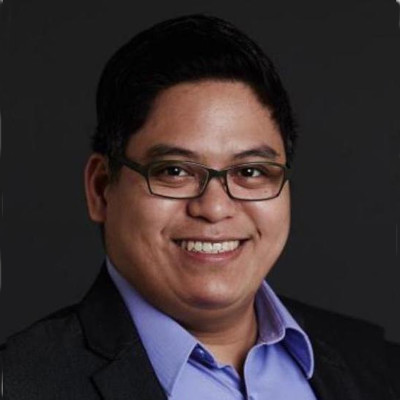
Jason Vitorillo
Panelist
Jason Vitorillo has been in the academe for over ten years. He was previously the Chair of the Arts Management Program of the School of Design and Arts, De La Salle-College of Saint Benilde in Manila. He also served as the Lecturer-in-Charge of the BA(Hons) Arts Management Programme of LASALLE College of the Arts, Singapore from 2016 - 2021. He holds an MA in Arts Administration from Teachers College, Columbia University in New York. Jason published an essay entitled, Whose governance, whose good? Cultural Policy and Governance in the Philippines, in the special issue “Democratizing Arts”, Arts & International Affairs Journal in 2020. He also co-authored a chapter on Safeguarding Intangible Cultural Heritage in the Philippines for the Routledge Handbook of Cultural and Creative Industries in Asia in 2018. He has been a resource speaker and coach on Public and Cultural Diplomacy: Promoting Philippine Culture for the Foreign Service Institute, Carlos P. Romulo School of Diplomacy in the Philippines from 2022 - 2023. His research interests include international cultural policy, cultural governance and democracy, models of arts funding, audience development and engagement, arts and cultural management education, and the intangible cultural heritage of indigenous communities.
From Outreach to Cultural Exchange: How the Cultural Center of the Philippines is decolonizing the mind
The Philippines has a long history of being colonized having been a Spanish colony during the 16th century, to being ceded to the United Stated in 1898, and being under the Japanese occupation during World War II in 1942. It was only until July 1946 when the nation attained its independence. As a consequence of a long colonial history, Filipinos have internalized a sense of cultural and ethnic inferiority. Such mentality manifests itself strongly amongst those in the periphery, while power and authority are perpetuated by national institutions that are seen as sources of aid and expertise. This talk shares how the Cultural Center of the Philippines, although one of the national cultural institutions, is changing the orientation and narrative, in the process, decolonizing the mind, highlighting aesthetic values in people’s art for greater appreciation of sensibilities that evolved from local history and identity, and empowering those in the periphery.